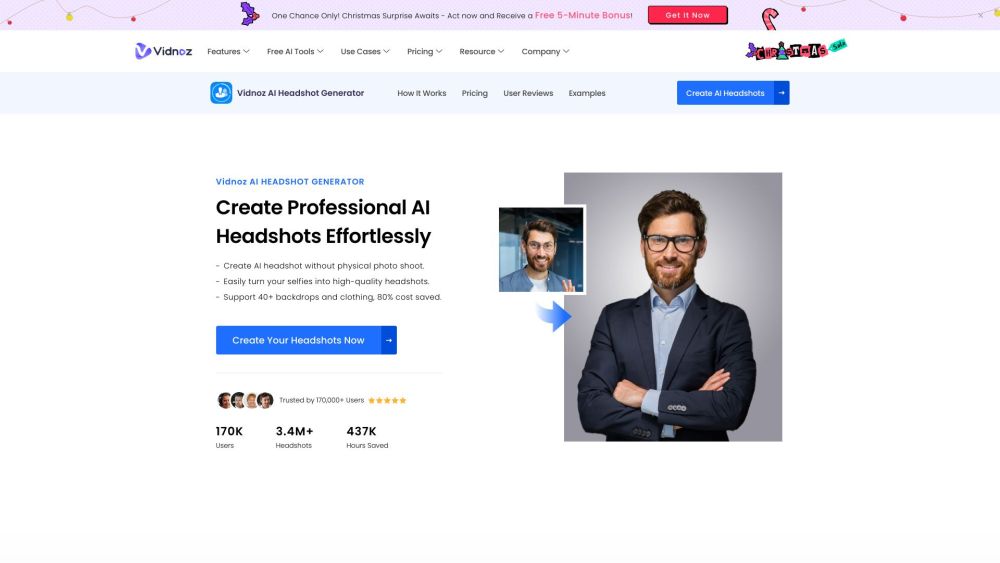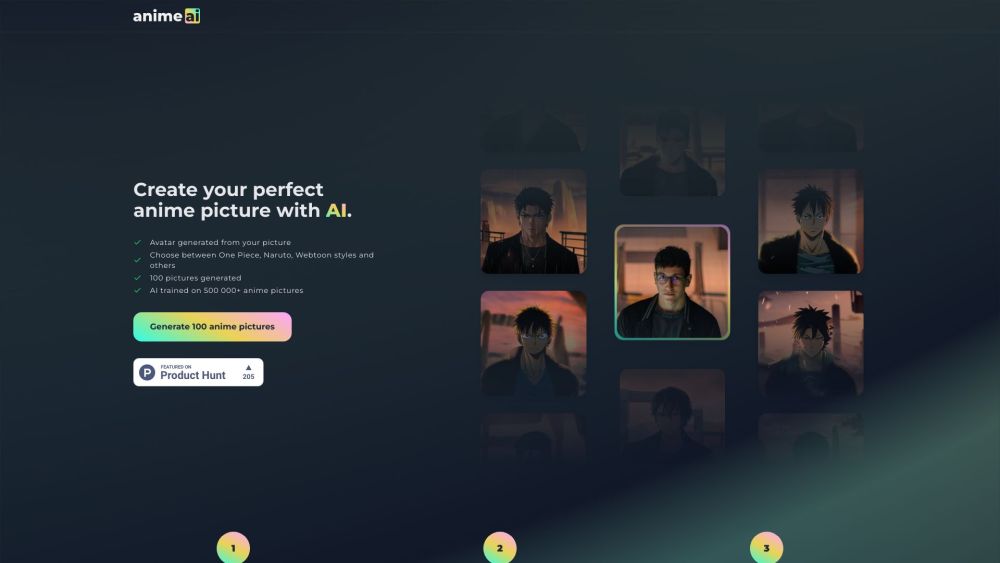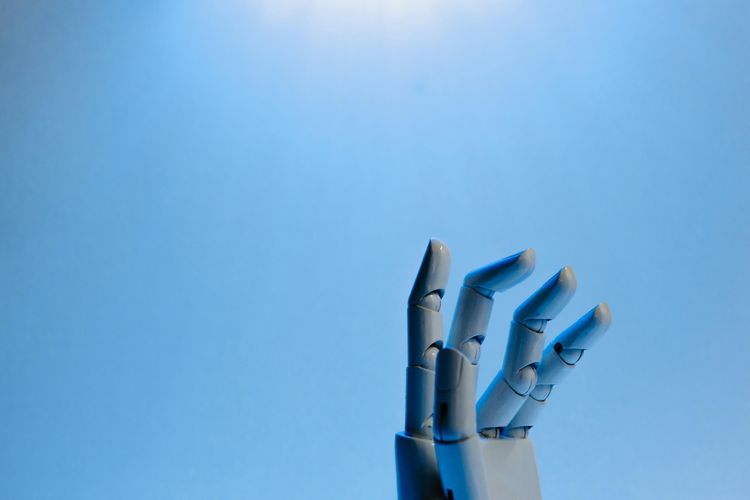One of the big players in the global publishing world, HarperCollins, has recently caused quite a stir in the industry. They've quietly teamed up with a mysterious "artificial intelligence technology company" and made a controversial agreement. What's the agreement? In simple terms, it allows this company to use some of the copyrights from non-fiction books, within certain limits, to train AI models. They say it's like giving these "smart brains" a boost, as if hiring knowledgeable "tutors" for the AI to improve its quality and performance.
HarperCollins is being careful about this. They say they know it's a sensitive issue. They think the agreement is like a tempting "cake" with endless potential, but they won't ignore the authors' feelings. They emphasize that authors have a "choice." If they want to join, they can, but if they don't feel comfortable, they can refuse. HarperCollins is giving authors the freedom to decide. They also talk about their long history and experience in innovation and exploring new business models. They say this partnership aims to protect the value of authors' works while creating new streams of income and royalties, giving authors more opportunities. It sounds pretty good.
Writer Daniel Kibblesmith took the lead, sharing a screenshot of an email from his agent on social media, which quickly sparked a lot of discussion. The email mentioned that HarperCollins was considering including his work in an agreement with a big tech company to use as "material" for AI language learning models. However, HarperCollins did offer $2,500 for this copyright license, but the price is fixed, like a "final price" at a store. The agent also reminded Kibblesmith that many companies are secretly using copyright materials to train AI without the authors' consent or any compensation, which has caused a lot of controversy. Everyone is also worried that if AI models get better and better, they might eventually make authors "obsolete," leaving them with no place in the world.
He frankly believes that HarperCollins was blinded by short-term benefits and took a "shortcut," which he, as an author, does not agree with. He also deeply analyzed that the idea of robots replacing authors is a false "either-or" dilemma. In his view, this is a sign that two markets are starting to "diverge": on one side are readers who cherish the past and long for a "conversation" with authors, feeling the warmth of humanity behind the words; on the other side are readers who pursue efficiency and convenience, as long as large computers can quickly "produce" customized, on-demand content to meet their current needs, without even facing the small challenges in reading.






